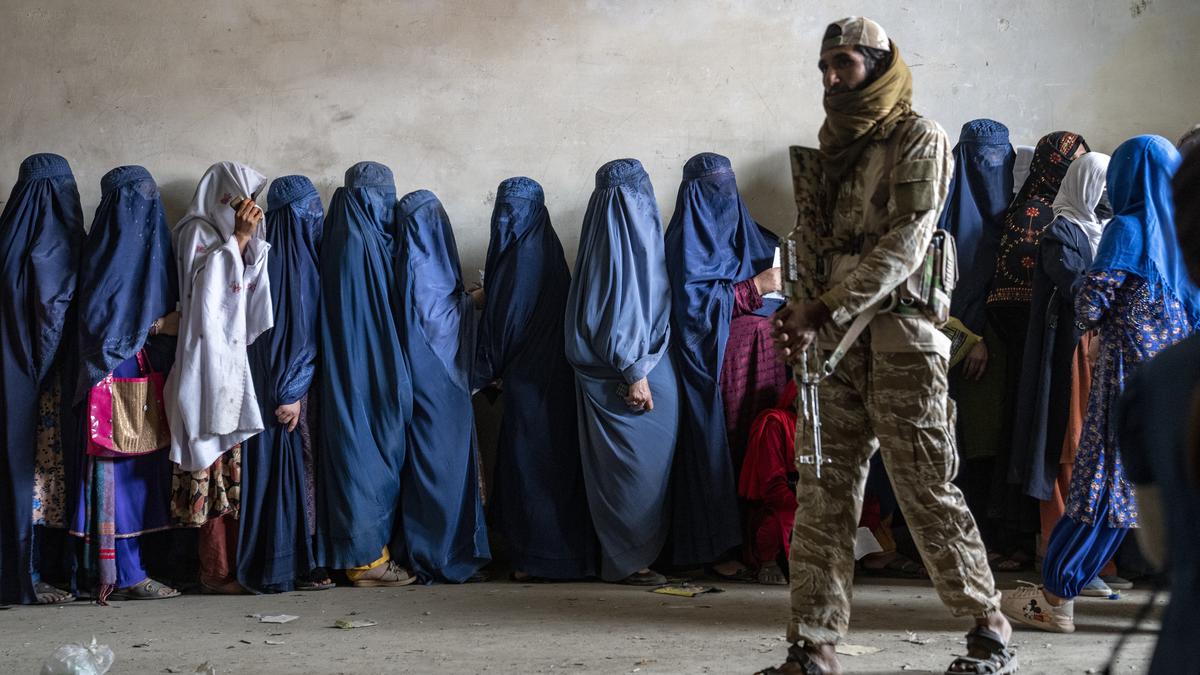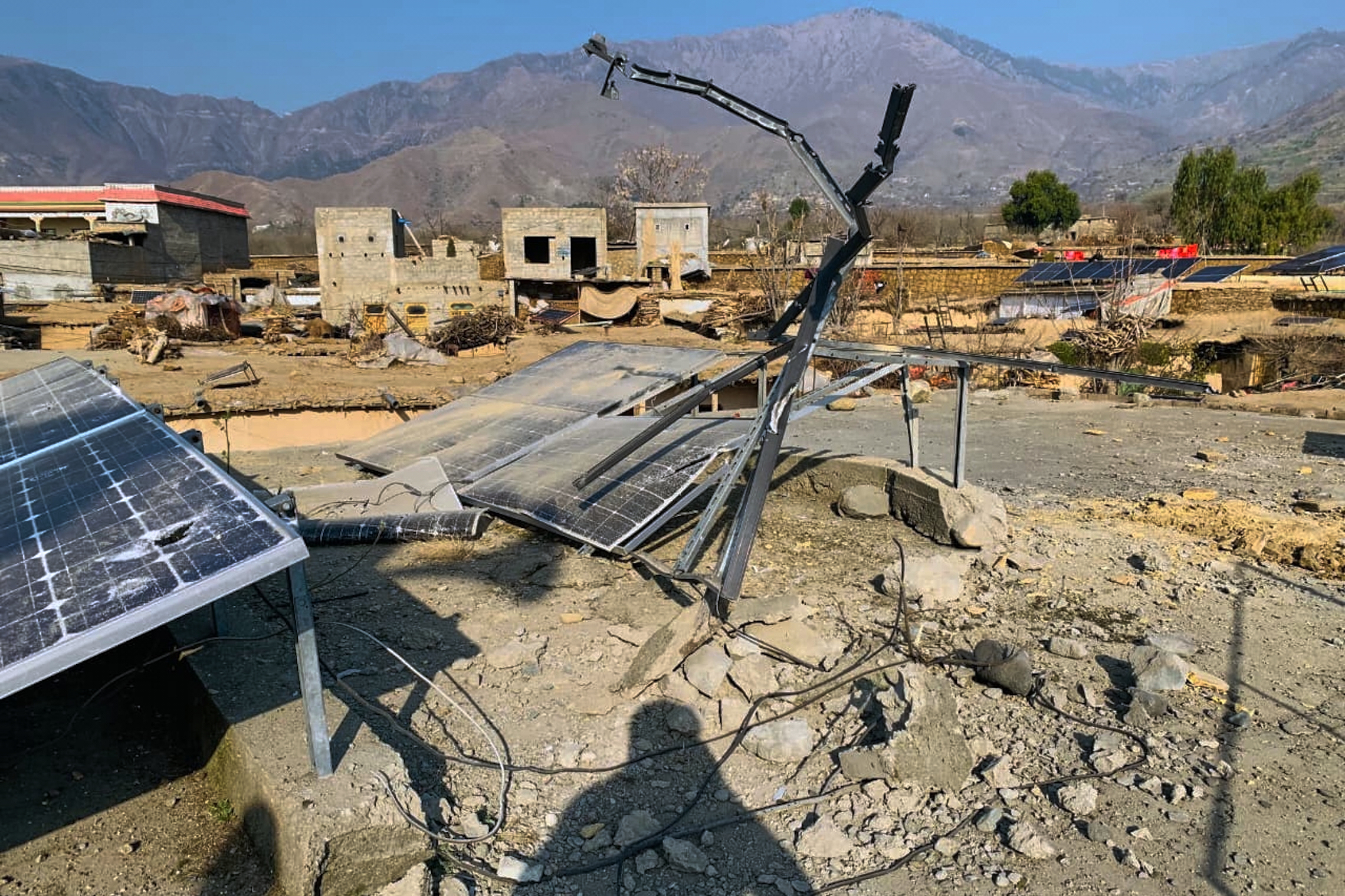Taliban enforcing restrictions on single Afghan women: UN report
In one incident, officials from the Vice and Virtue Ministry advised a woman to get married if she wanted to keep her job at a healthcare facility, saying it was inappropriate for an unwed woman to work.
AP

ISLAMABAD, 22 JAN
The Taliban are restricting Afghan women's access to work, travel and healthcare if they are unmarried or don't have a male guardian, according to a UN report published Monday.
In one incident, officials from the Vice and Virtue Ministry advised a woman to get married if she wanted to keep her job at a healthcare facility, saying it was inappropriate for an unwed woman to work.
The Taliban have barred women from most areas of public life and stopped girls from going to school beyond the sixth grade as part of harsh measures they imposed after taking power in 2021, despite initially promising more moderate rule. They have also shut down beauty parlours and started enforcing a dress code, arresting women who don't comply with their interpretation of hijab, or Islamic headscarf. In May 2022, the Taliban issued a decree calling for women to only show their eyes and recommending they wear the head-to-toe burqa, similar to restrictions during the Taliban's previous rule between 1996 and 2001.
In its latest quarterly report, covering October to December last year, the UN mission in Afghanistan said the Taliban are cracking down on Afghan women who are single or don't have a male guardian, or mahram, accompanying them.
There are no official laws about male guardianship in Afghanistan, but the Taliban have said women cannot move around or travel a certain distance without a man who is related to her by blood or marriage. Three female health care workers were detained last October because they were going to work without a mahram. They were released after their families signed a written guarantee that they would not repeat the act, the report said.
Leave a Reply
Your email address will not be published. Required fields are marked *











.jpg)







